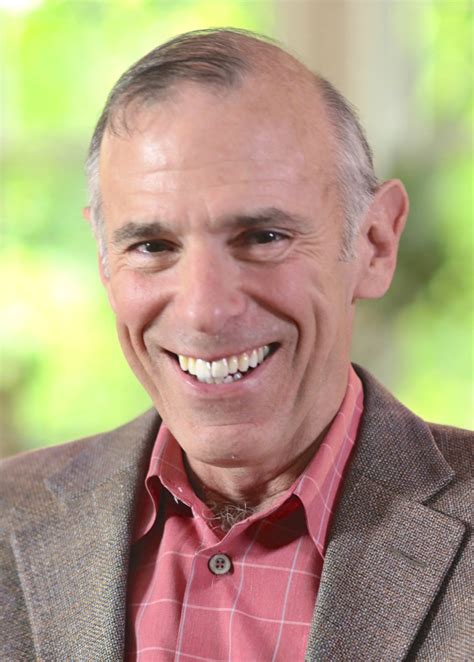A Quote by Albert Einstein
The mere formulation of a problem is far more essential than its solution, which may be merely a matter of mathematical or experimental skills. To raise new questions, new possibilities, to regard old problems from a new angle requires creative imagination and marks real advances in science.
Related Quotes
Science is a human activity, and the best way to understand it is to understand the individual human beings who practise it. Science is an art form and not a philosophical method. The great advances in science usually result from new tools rather than from new doctrines. ... Every time we introduce a new tool, it always leads to new and unexpected discoveries, because Nature's imagination is richer than ours.
Who of us would not be glad to lift the veil behind which the future lies hidden; to cast a glance at the next advances of
our science and at the secrets of its development during future centuries? What particular goals will there be toward
which the leading mathematical spirits of coming generations will strive? What new methods and new facts in the
wide and rich field of mathematical thought will the new centuries disclose?
A conditioned mind may be inventive; it may think up new ideas, new phrases, new gadgets; it may build a dam, plan a new society, and all the rest of it; but that is not creativity. Creativity is something much more than the mere capacity to acquire a technique. It is because this extraordinary thing called creativity is not in most of us that we are so shallow, empty, insufficient. And only the mind that is free can be creative.
The life and soul of science is its practical application, and just as the great advances in mathematics have been made through the desire of discovering the solution of problems which were of a highly practical kind in mathematical science, so in physical science many of the greatest advances that have been made from the beginning of the world to the present time have been made in the earnest desire to turn the knowledge of the properties of matter to some purpose useful to mankind.
The office of science is not to record possibilities; but to ascertain what nature does ... As far as Darwinism deals with mere arguments of possibilities or even probabilities, without a basis of fact, it departs from the true scientific method and injures science, as most of the devotees of the new ism have already done.
New laws, new kinds of things can emerge as the universe evolves. The more moving parts you have in something, the more possibilities there are. There's a whole new science now of complexity, and what we see is that complexity requires a very different approach than the kind of bottom-up approach that fundamental physics has always used. We're gonna have to think about the world in a different way if we want to address complex systems.
If they embark on this course the difference between the old and the new education will be an important one. Where the old initiated, the new merely 'conditions'. The old dealt with its pupils as grown birds deal with young birds when they teach them to fly; the new deals with them more as the poultry-keeper deals with young birds- making them thus or thus for purposes of which the birds know nothing. In a word, the old was a kind of propagation-men transmitting manhood to men; the new is merely propaganda.
































